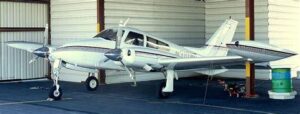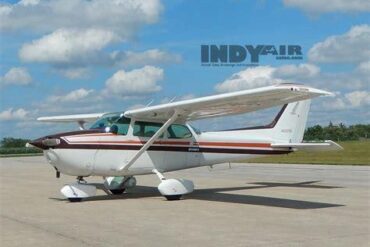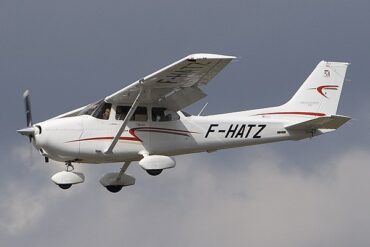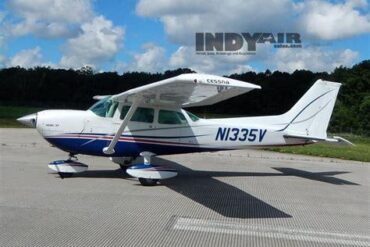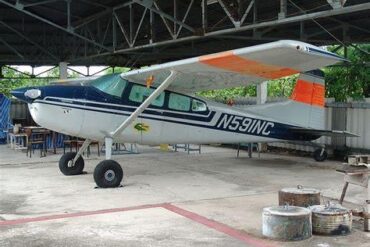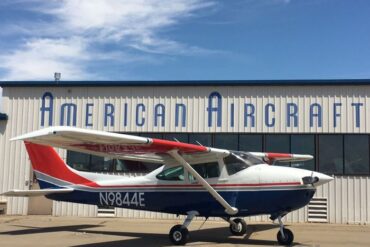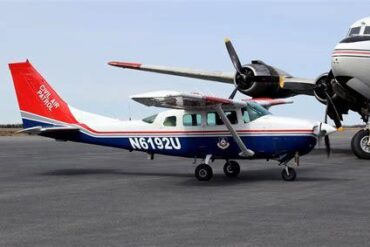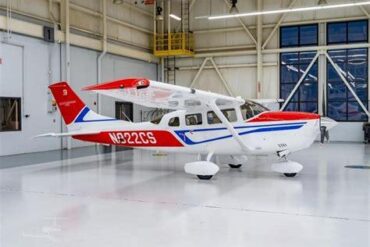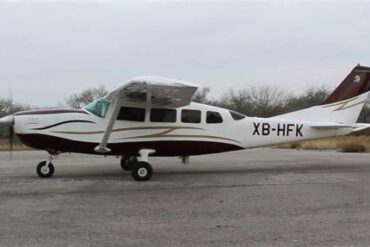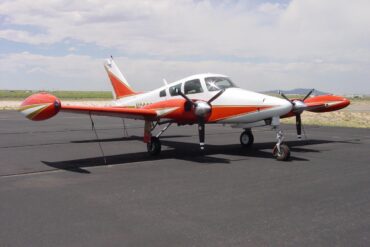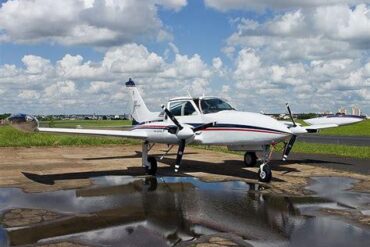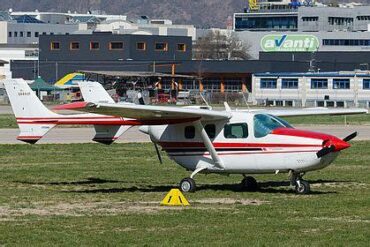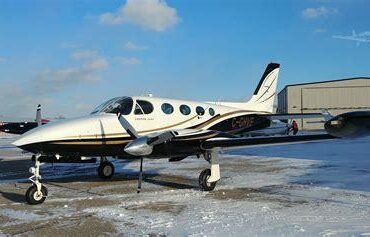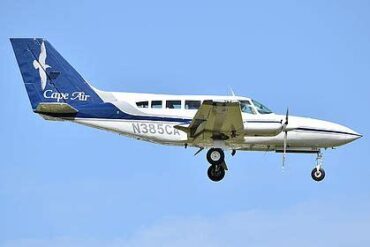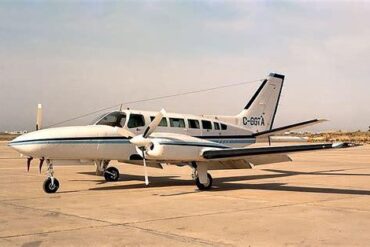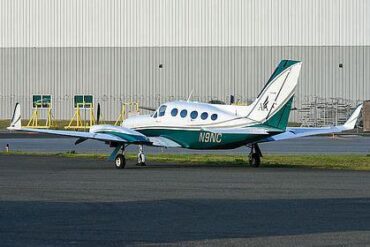The Cessna 310Q is a twin-engine aircraft that has garnered a reputation for its performance, versatility, and comfort. In this article, we will explore the price of the Cessna 310Q, its operating costs, and various factors that influence these expenses. By understanding these aspects, potential buyers and operators can make informed decisions regarding their investments in this remarkable aircraft.
Overview of the Cessna 310Q
The Cessna 310 series, introduced in the late 1950s, represents one of the most popular light twin-engine aircraft ever produced. The 310Q variant, manufactured between 1971 and 1982, features a more powerful engine and enhanced aerodynamics, making it a preferred choice among private pilots and aviation enthusiasts alike. With its spacious cabin, impressive range, and speed capabilities, the 310Q offers a unique flying experience.
Current Market Prices for the Cessna 310Q
When considering the purchase of a Cessna 310Q, it is essential to evaluate its market price. The price of a Cessna 310Q can vary significantly based on several factors:
-
Aircraft Condition: The overall condition, including maintenance history, paint, and interior, plays a crucial role in determining the price. A well-maintained aircraft will command a higher price.
-
Aircraft Age: Generally, newer models tend to be more expensive than older ones. However, specific historical aircraft with unique features may retain or increase their value.
-
Engine Hours: The number of hours on the engine and airframe impacts pricing. Aircraft with lower hours often fetch higher prices due to their longevity and potential for fewer immediate maintenance costs.
-
Upgrades and Modifications: Aircraft with upgraded avionics, improved performance modifications, or enhancements can demand higher prices in the market.
Average Price Range
As of 2024, the price of a Cessna 310Q typically ranges from $50,000 to $150,000, depending on the factors mentioned above. It is advisable for potential buyers to conduct thorough research and consult with aviation experts to ensure they are making a sound investment.
Understanding Operating Costs
Operating costs are a crucial consideration for any aircraft owner. The total cost of ownership includes not only the initial purchase price but also the ongoing expenses associated with maintaining and operating the aircraft. Here, we break down the key components of operating costs for the Cessna 310Q.
Fuel Costs
Fuel is one of the most significant ongoing expenses for aircraft operation. The Cessna 310Q has a fuel consumption rate of approximately 12-15 gallons per hour. Given the current average price of aviation fuel, which fluctuates but is typically around $5 to $7 per gallon, owners can expect to spend roughly $60 to $105 per hour on fuel alone. Factors such as flight duration, altitude, and weight can influence fuel consumption.
Maintenance Costs
Maintenance is an essential aspect of aircraft ownership. Regular inspections, scheduled maintenance, and unexpected repairs can accumulate substantial costs over time. For the Cessna 310Q, average annual maintenance costs can range from $5,000 to $15,000, depending on the condition of the aircraft and the frequency of use. It is essential to account for the following maintenance aspects:
-
Routine Inspections: Annual inspections are required and typically cost around $1,500 to $3,000. More comprehensive inspections, such as 100-hour inspections, can cost between $2,000 to $5,000.
-
Parts Replacement: Over time, parts will need replacement due to wear and tear. Budgeting for an annual parts replacement of approximately $2,000 to $5,000 is prudent.
-
Unexpected Repairs: It is essential to set aside funds for unplanned repairs. An emergency repair can range from $500 to $10,000, depending on the severity and nature of the issue.
Insurance Costs
Insurance is a critical component of aircraft ownership, providing financial protection against potential losses. For the Cessna 310Q, insurance costs typically range from $1,500 to $3,000 annually. The cost may vary based on factors such as the pilot’s experience, the aircraft’s value, and the coverage level selected.
Hangar and Parking Fees
Storing your aircraft is another important expense. Hangar fees can vary significantly based on the airport’s location and facility quality. On average, hangar fees for a Cessna 310Q can range from $300 to $1,200 per month, depending on the facility. Additionally, if hangar space is not available, tie-down fees at airports can also add to costs, usually around $50 to $200 per month.
Pilot Costs
Hiring a professional pilot or maintaining the necessary certifications for personal operation can add to the overall cost. If hiring a pilot, budget for an hourly rate, typically around $50 to $100 per hour. If flying personally, ensure to include training costs to maintain or upgrade certifications, which can range from $1,000 to $5,000 annually.
Depreciation
While not a direct out-of-pocket cost, it is essential to consider the depreciation of the aircraft. The Cessna 310Q, like all aircraft, will depreciate over time. On average, owners can expect to see an annual depreciation of around 5-10% of the aircraft’s value. This factor should be included in financial planning to understand the long-term value of the investment.
Total Operating Costs Summary
The total annual operating costs for the Cessna 310Q can be summarized as follows:
| Expense Category | Estimated Cost |
|---|---|
| Fuel Costs | $7,200 to $12,600 |
| Maintenance Costs | $5,000 to $15,000 |
| Insurance Costs | $1,500 to $3,000 |
| Hangar Fees | $3,600 to $14,400 |
| Pilot Costs | $3,000 to $10,000 |
| Depreciation | $2,500 to $15,000 |
| Total Estimated Costs | $22,900 to $70,000 |
Conclusion
The Cessna 310Q is an exceptional aircraft that offers numerous advantages for both personal and business use. Understanding its price and operating costs is vital for prospective buyers and operators. With an initial investment ranging from $50,000 to $150,000 and annual operating costs estimated between $22,900 to $70,000, it is crucial to perform thorough financial planning before making a purchase. By factoring in fuel, maintenance, insurance, and other operating expenses, owners can ensure a successful and enjoyable experience with their Cessna 310Q.
